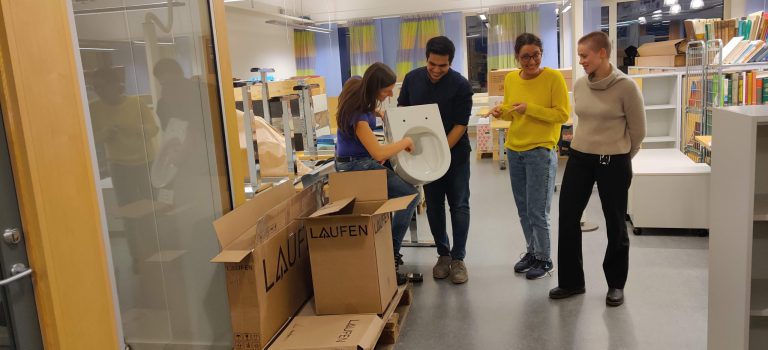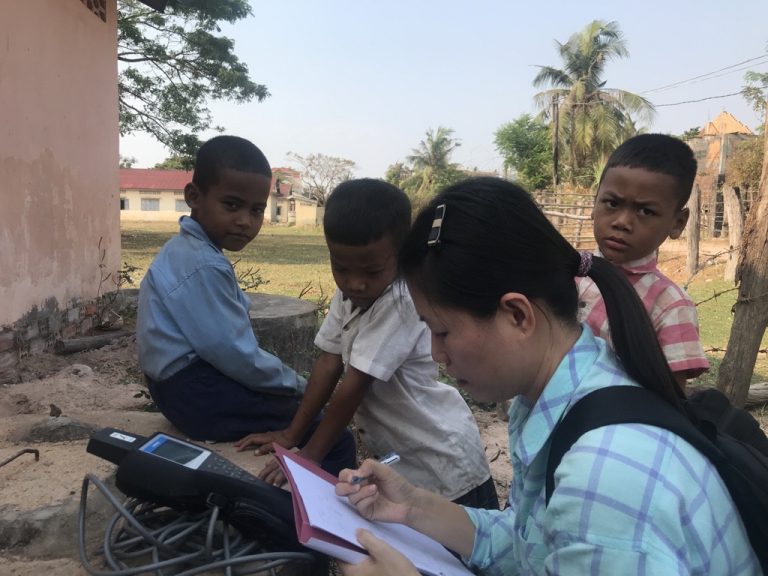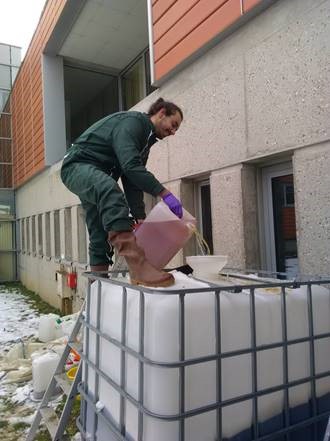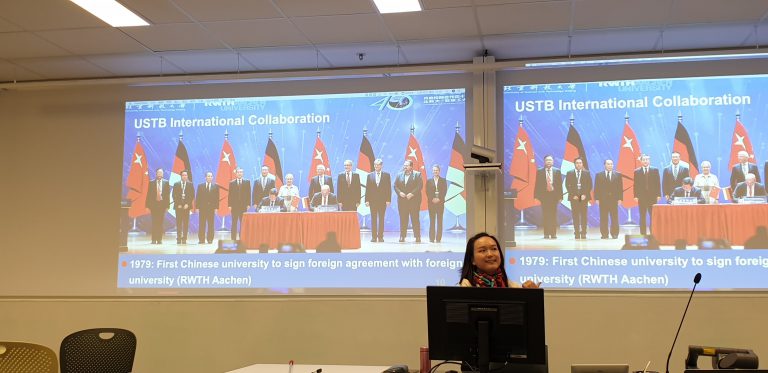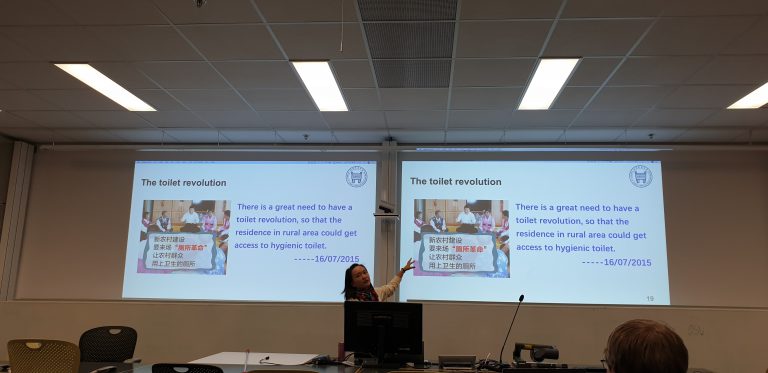
In this article, the occurrence and fate of 29 multiple-class pharmaceuticals (PhACs) in two source separated sanitation systems based on: (i) batch experiments for the anaerobic digestion (AD) of fecal sludge under mesophilic (37 °C) and thermophilic (52 °C) conditions, and (ii) a full-scale blackwater treatment plant using wet composting and sanitation with urea addition. For more information, please read: https://www.sciencedirect.com/science/article/pii/S004896971935524X .



